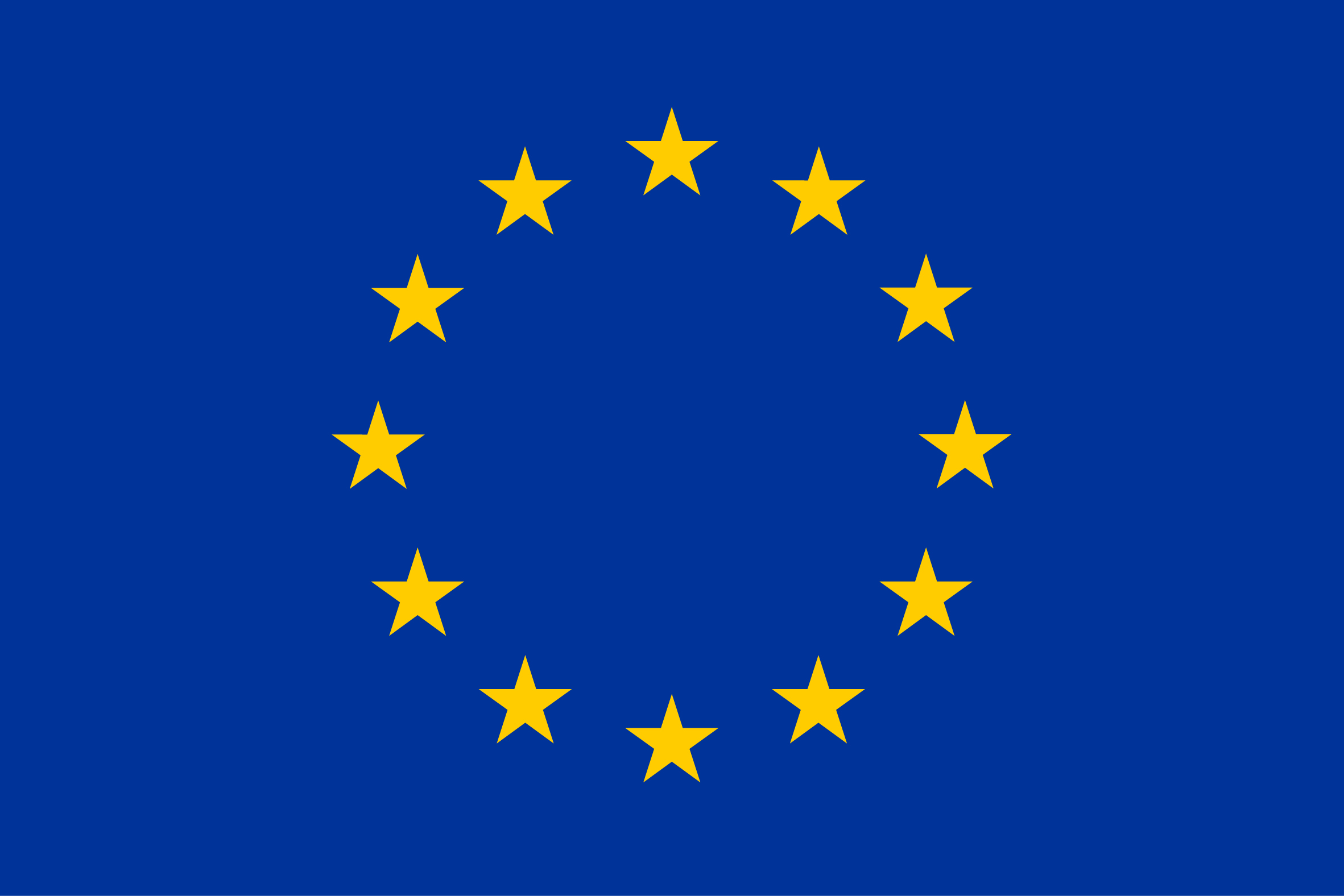Filter Search for grants
Program navigation
Program key data
Creative Europe - Media Strand

| Parent program | Creative Europe |
| Link to the program | culture.ec.europa.eu |
Content of program
| short description | The MEDIA strand of the Creative Europe programme supports the European film and audiovisual industries to develop, distribute and promote European works, taking into account today’s digital environment. |
| program objectives | The MEDIA strand of the Creative Europe
To ensure more flexibility in the actions supported and to encourage cooperation among the different parts of the audiovisual value-chain, the priorities of the 2021-2027 Creative Europe programme are structured around four clusters.
The creation and production of high-quality content is the foundation of the European audiovisual industry. European content reflects European values, including diversity. European talent and creativity consistently leads to works that are recognised and rewarded on the global stage. This cluster has been designed to support the industry to
The business cluster under the MEDIA strand of Creative Europe promotes business innovation, scalability and talents across the European audiovisual industry’s value chain. This scaling up is needed within the audiovisual environment, given the growth of global players in the sector and the digital transformation. Specific groups that drive the internationalisation of the sector will receive targeted support to strengthen cross-border collaboration and boost learning and knowledge-sharing to allow the industry to go beyond its national territories. Support under the business cluster will:
The COVID-19 crisis has dramatically affected the audiovisual viewing habits of European audiences. The progressive shift from cinema to platforms that the sector has witnessed in the last year has taken an incredible acceleration due to the closure of cinema theatres. The objective of this cluster of the MEDIA strand is to connect European audiovisual works with their audiences and support audience development across Europe and beyond. The progamme aims to achieve this by
A common European approach to the main audiovisual policy issues is essential to consolidate the European audiovisual single market. The aim of the policy support cluster of the MEDIA strand is to promote a holistic European audiovisual policy through
Particular focus under this cluster is on
read more |
| Regions / countries for funding | EU Member States, Overseas Countries and Territories (OCT) Albania (Shqipëria), Bosnia and Herzegovina (Bosna i Hercegovina / Босна и Херцеговина), Georgia (საქართველო), Iceland (Ísland), Liechtenstein, Montenegro (Црна Гора), North Macedonia (Северна Македонија), Norway (Norge), Serbia (Srbija/Сpбија), Tunisia (تونس /Tūnis), Ukraine (Україна) |
| eligible entities Partners |
Research Institution incl. University, Non-Profit Organisation (NPO) / Non-Governmental Organisation (NGO), Small and medium-sized enterprise (SME), Private institution, incl. private company (private for profit), International organization, Public Body (national, regional and local; incl. EGTCs), Natural Person, Other, Education and training institution |
| Mandatory partnership | No |
| Project Partnership | The Creative Europe programme is open to cultural and creative organisations from EU Member States, as well as non-EU countries. Subject to certain conditions, countries of the European Economic Area, candidate/potential candidate countries and European Neighbourhood Policy countries can also participate in the programme. Find more information about eligible countries, as well as in the guidelines of each specific call for proposals. |
Additional information
| Topics | Arts & Culture, Cultural Heritage, Tourism, Digitalisation, Digital Society, ICT, Education & Training, Children & Youth, Media |
| UN Sustainable Development Goals (UN-SDGs) |
|
| Program documents | Creative Europe Programme 2021-2027 Brochure (kB) |
| Contact | Creative Europe Desk Austria - Media +43 1 526 97 30-406 info@mediadeskaustria.eu Website European Education and Culture Executive Agency Website Creative Europe Desks Website |
Open calls
01.10.2024 - 27.03.2025
Audience Development and Film education
20.10.2022 - 30.03.2023
European Festivals
08.12.2022 - 09.03.2023
European Film Distribution
08.12.2022 - 27.04.2023
European Film Distribution
07.12.2023 - 25.04.2024
European Film sales agent
03.05.2023 - 20.06.2023
European Film sales agent
30.04.2024 - 20.06.2024
European VOD Networks and Operators
03.10.2023 - 09.04.2024
European co-development
08.12.2022 - 26.04.2023
European co-development
07.12.2023 - 06.03.2024
European mini-slate development
08.12.2022 - 01.06.2023
European mini-slate development
04.04.2024 - 10.09.2024
European slate development
20.10.2022 - 25.01.2023
European slate development
03.10.2023 - 13.12.2023
European slate development
01.10.2024 - 05.12.2024
Films on the Move
03.10.2023 - 14.03.2024
Films on the Move - 1st cut-off date
20.10.2022 - 14.03.2023
Films on the Move - 1st cut-off date
01.10.2024 - 20.03.2025
Films on the Move - 2nd cut-off date
20.10.2022 - 04.07.2023
Films on the Move - 2nd cut-off date
01.10.2024 - 17.07.2025
Innovative tools and business models
20.10.2022 - 24.01.2023
Innovative tools and business models
03.10.2023 - 25.01.2024
Innovative tools and business models
01.10.2024 - 16.01.2025
MEDIA 360°
01.10.2024 - 09.01.2025
Markets & Networking
03.10.2023 - 18.01.2024
Networks of European Cinemas
06.06.2023 - 20.07.2023
Networks of European Cinemas
04.04.2024 - 16.07.2024
Networks of European Festivals
03.10.2023 - 11.04.2024
Skills and Talent Development
01.10.2024 - 24.04.2025
TV and online content
03.10.2023 - 07.12.2023
TV and online content - 1st cut-off date
20.10.2022 - 17.01.2023
TV and online content - 1st cut-off date
01.10.2024 - 05.12.2024
TV and online content - 2nd cut-off date
20.10.2022 - 16.05.2023
TV and online content - 2nd cut-off date
01.10.2024 - 14.05.2025
Video game and immersive content development
01.10.2024 - 12.02.2025
Video games and immersive content development
20.10.2022 - 01.03.2023
Video games and immersive content development
03.10.2023 - 24.01.2024